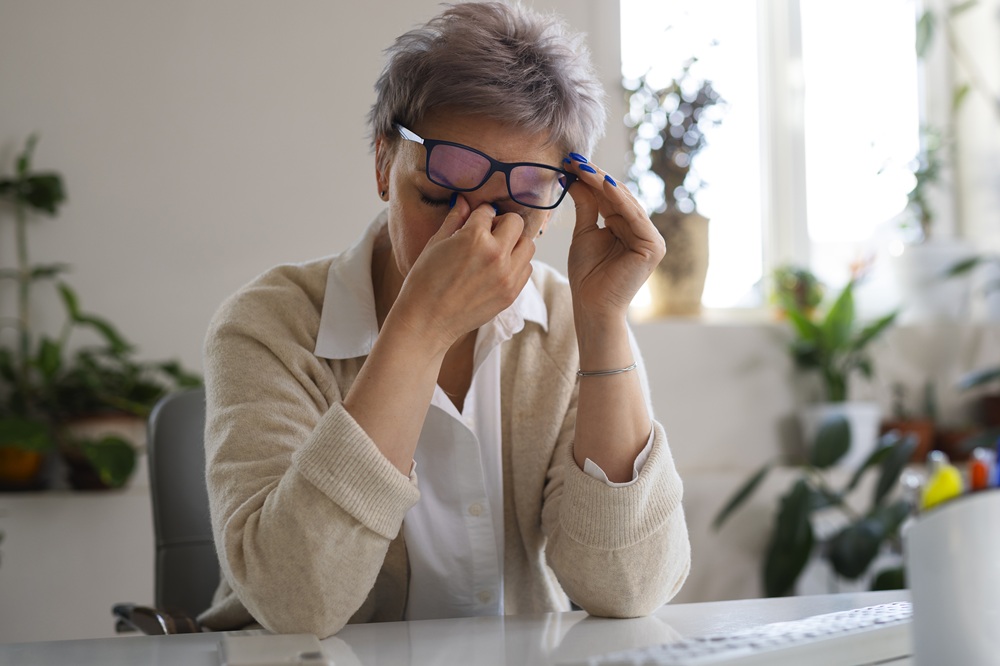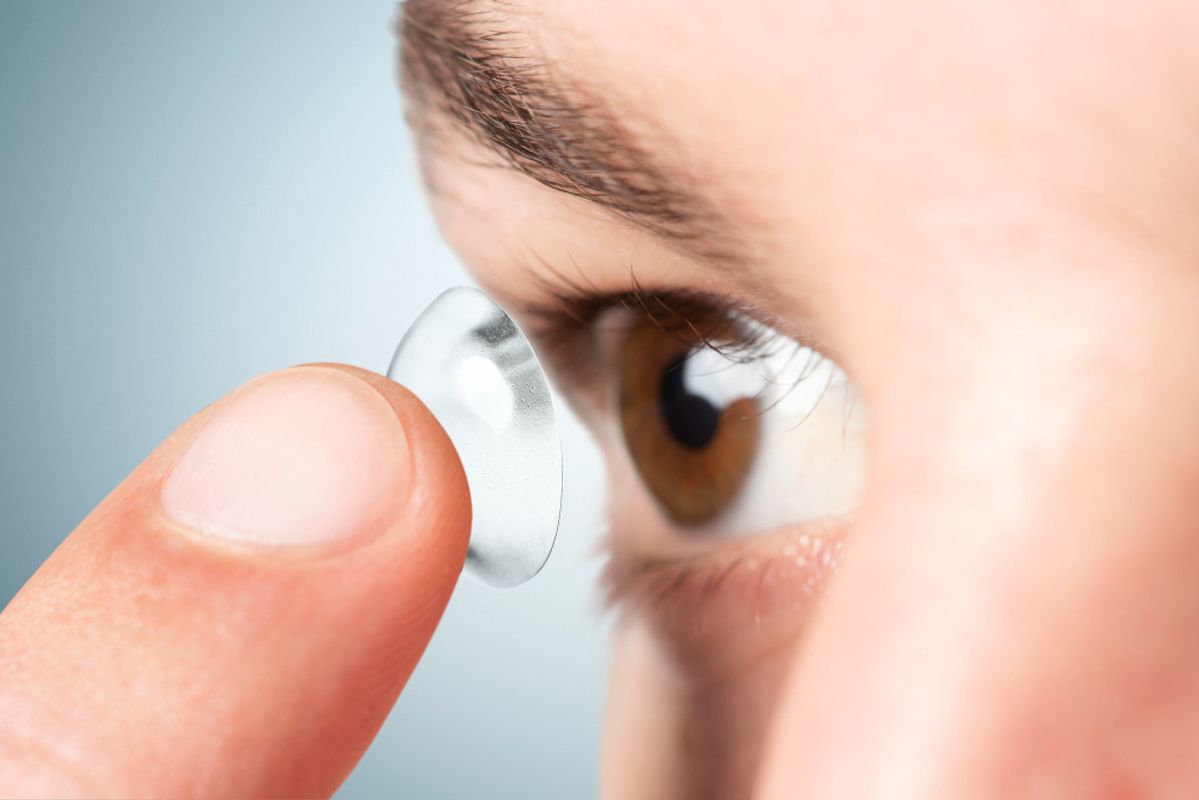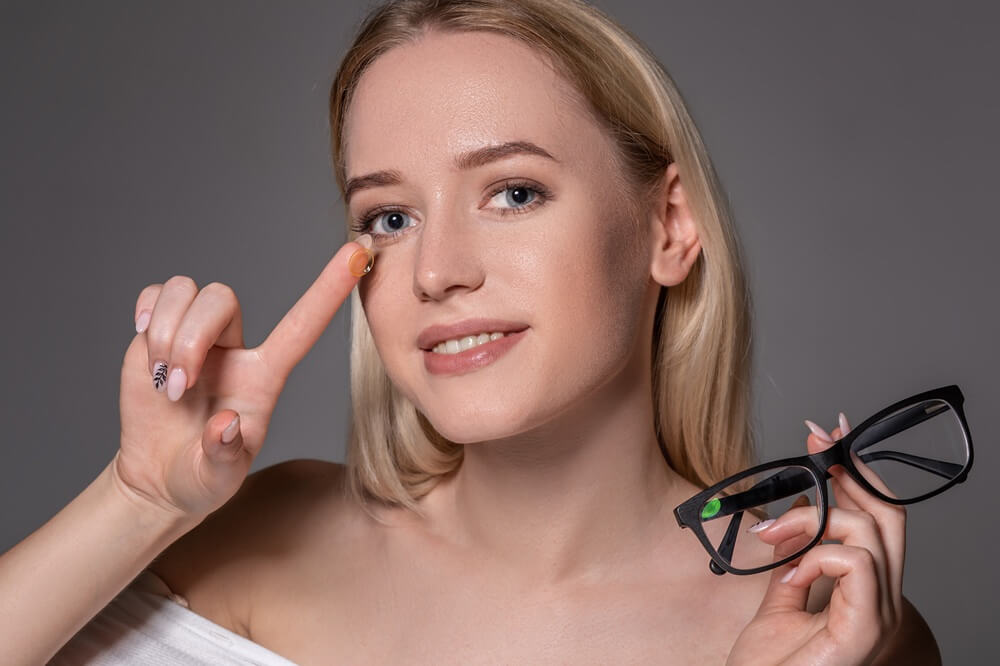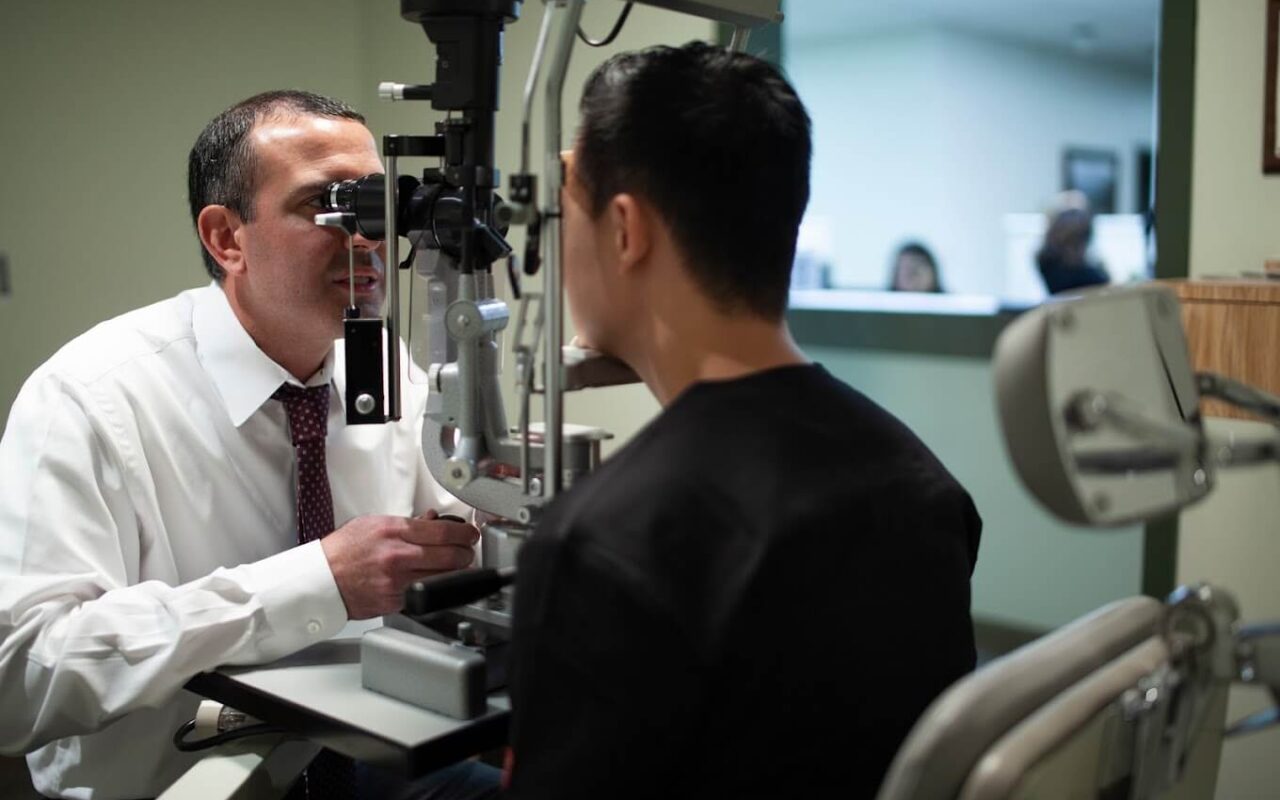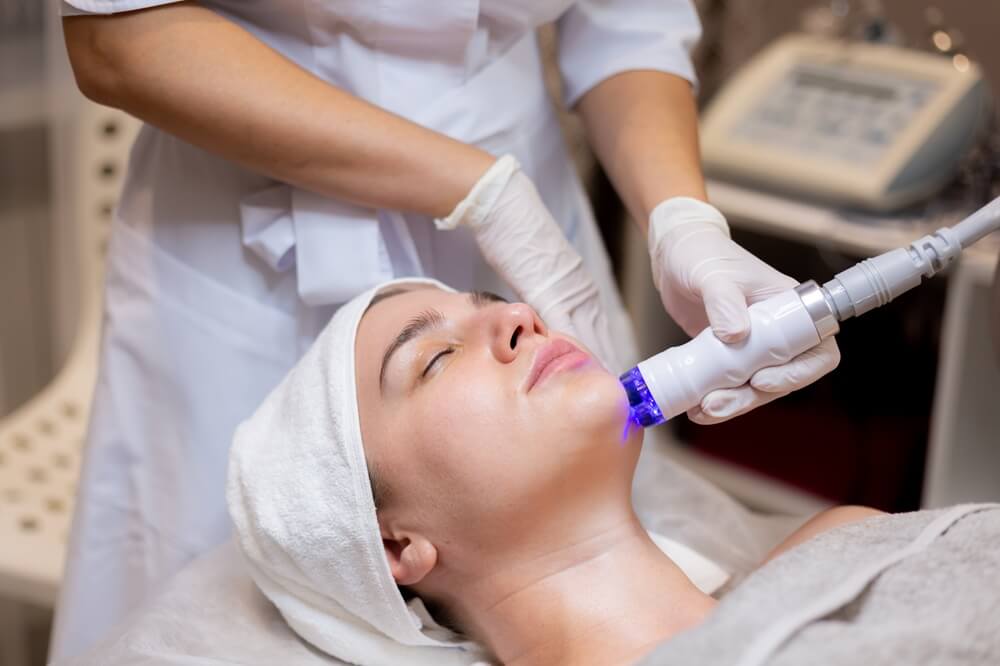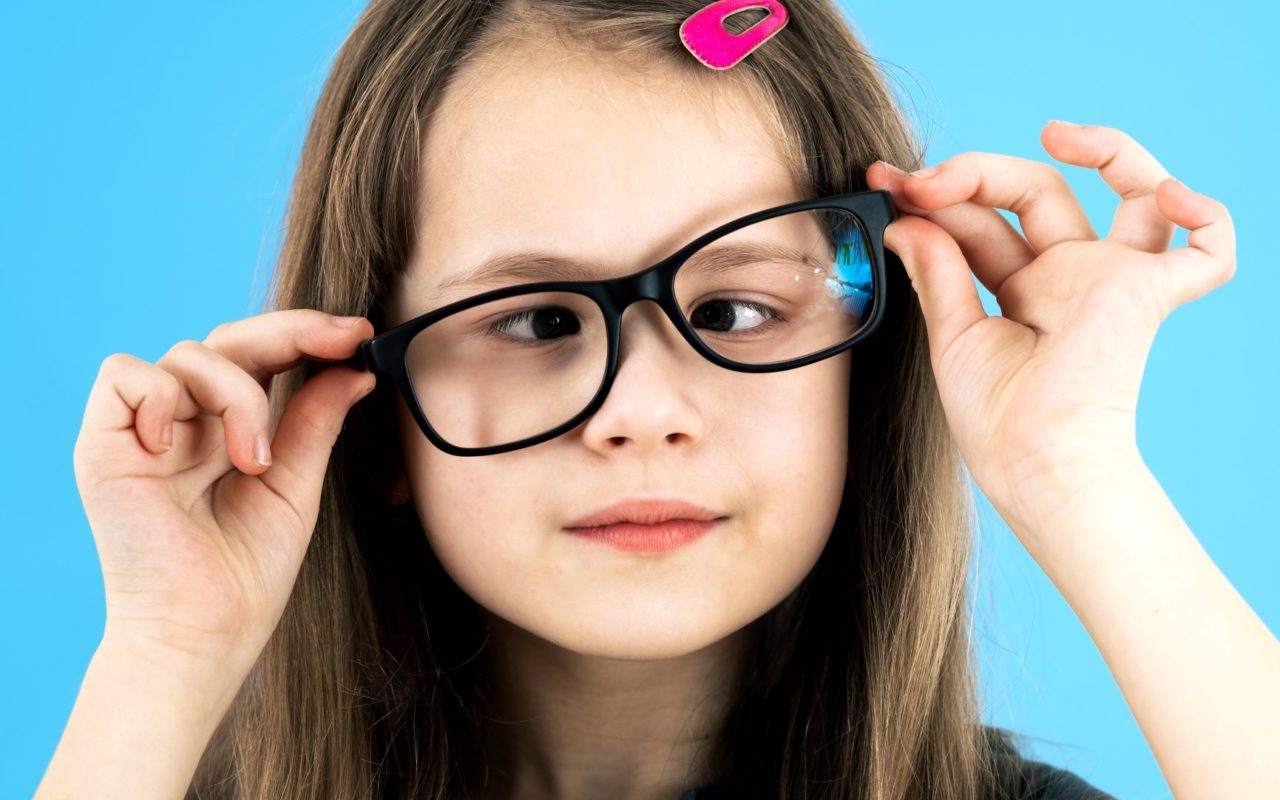
Strabismus Surgery: Essential Aftercare Instructions
Like all medical operations, strabismus surgery, too, carries the ability to induce complexities. Minimizing these risks is possible during or after surgery if the patient ensures to take some crucial steps. In case of a complication, it is vital to recognize it and then move on to managing it effectively to prevent further harm.
Continue reading Strabismus Surgery: Essential Aftercare Instructions

Dr. Azhar I. Salahuddin is an ophthalmologist and is fellowship-trained in cornea, external diseases, and refractive surgery. Dr. Salahuddin has been performing cataract surgery for over 19 years and specializes ocular reconstruction, corneal transplantation surgery as well as vision correction through a variety of intraocular lenses. Dr. Salahuddin is board-certified by the American Board of Ophthalmology and was trained at Boston University.


